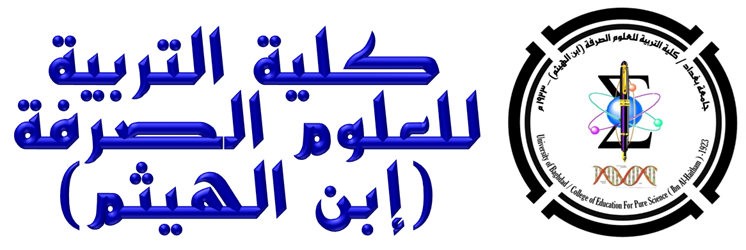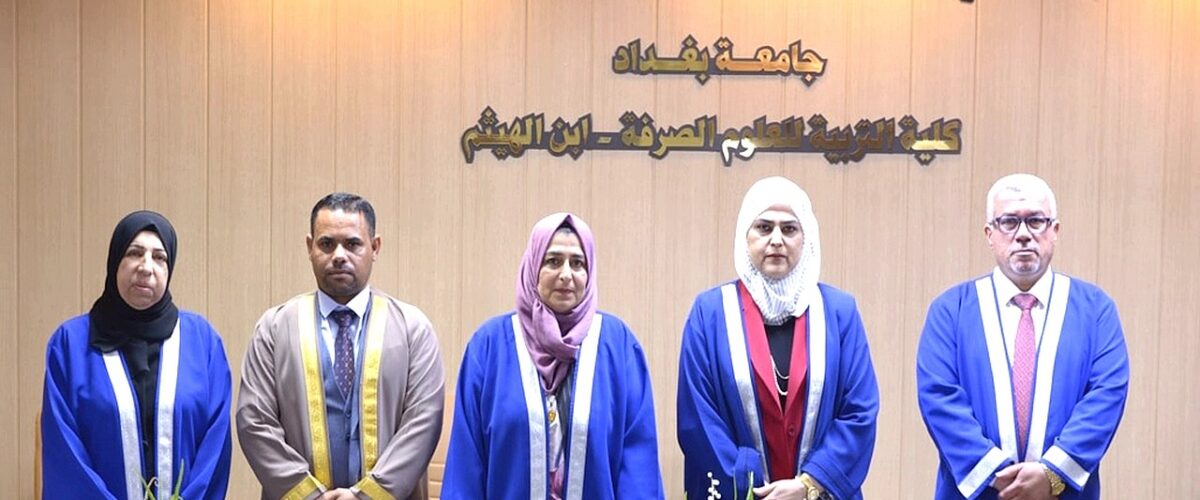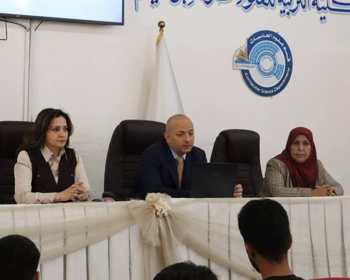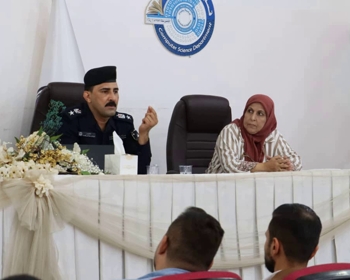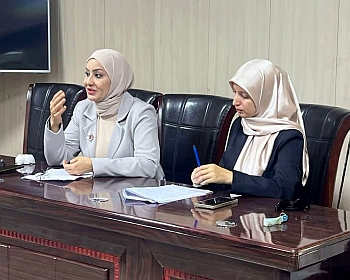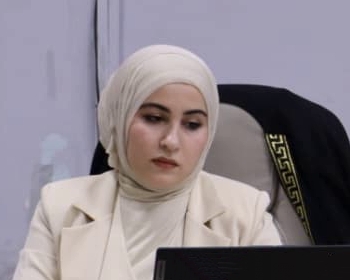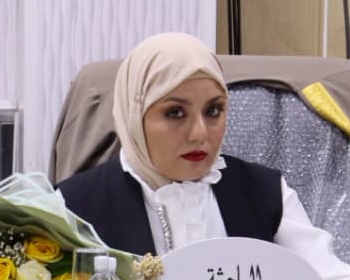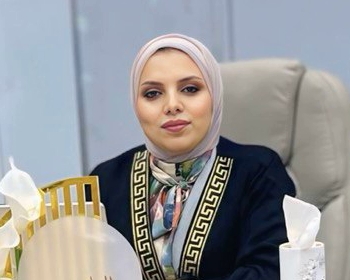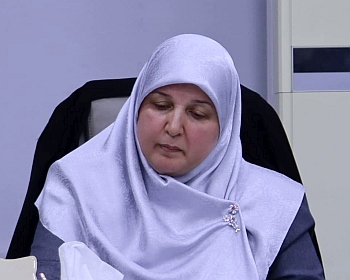ناقش قسم الكيمياء في كلية التربية للعوم الصرفة (ابن الهيثم) رسالة الماجستير الموسومة ” الثقافة المعلوماتية وعلاقتها بالتفكير عالي الرتبة لدى طلبة الكيمياء في كلية التربية للعلوم الصرفة/ ابن الهيثم ” للطالب ” قصي شاتي حمد ” التي انجزها باشراف التدريسية في القسم ” أ.د. زينب عزيز احمد ” ونوقشت من قبل أعضاء لجنة المناقشة المبينة أسمائهم في ما يأتي :
-
أ. د. سوزان دريد أحمد – رئيسا
-
أ. م .د. نغم هادي عبد الأمير – عضوا
-
أ.م. د. احمد لعيبي حسين – – عضوا
-
أ. د. زينب عزيز احمد – عضوا و مشرفا
